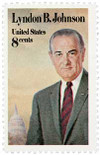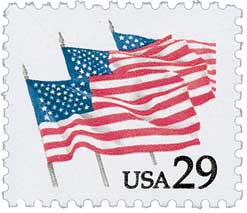
# 1503 - 1973 8c Lyndon B. Johnson
The First Memorial Day
While this event is often considered the major predecessor to Memorial Day, there were several other similar celebrations that came before it. The practice of decorating soldiers’ graves has been done for centuries. And with more than 600,000 casualties during the Civil War, honoring fallen soldiers took on a new significance in America.
According to one account, the first instance of a Civil War soldier’s grave being decorated occurred in Warrenton, Virginia, on June 3, 1861. And during the war there were other recorded instances of people decorating the graves of soldiers. Boalsburg, Pennsylvania, has declared itself the birthplace of Memorial Day for the decoration of soldiers’ graves that took place on July 4, 1864.
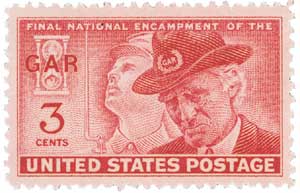
There is another claim that the first observance could be traced back to African Americans in Charleston, South Carolina, on May 1, 1865. There were also Memorial Day celebrations in the South since 1866. On April 25, 1866, the ladies of Columbus, Mississippi laid flowers on the graves of Union and Confederate soldiers.
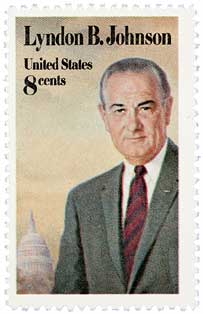
In 1966, President Lyndon Johnson signed a presidential proclamation naming Waterloo, New York, as the official birthplace of Memorial Day. Their first Memorial Day celebration was held on May 5, 1866, and quickly became an annual community-wide event in which business closed and people decorated the graves of soldiers.
All of these smaller events around the country served as inspiration for the first wide-scale Memorial Day in 1868. On May 5 of that year, John A. Logan, commander-in-chief of the Grand Army of the Republic Civil War veterans’ organization, issued a proclamation that May 30 would be Decoration Day, to honor those who died “in defense of their country during the late rebellion.” He chose the day because it wasn’t the anniversary of any battle and according to some sources, because that was the best day for flowers to be in bloom.
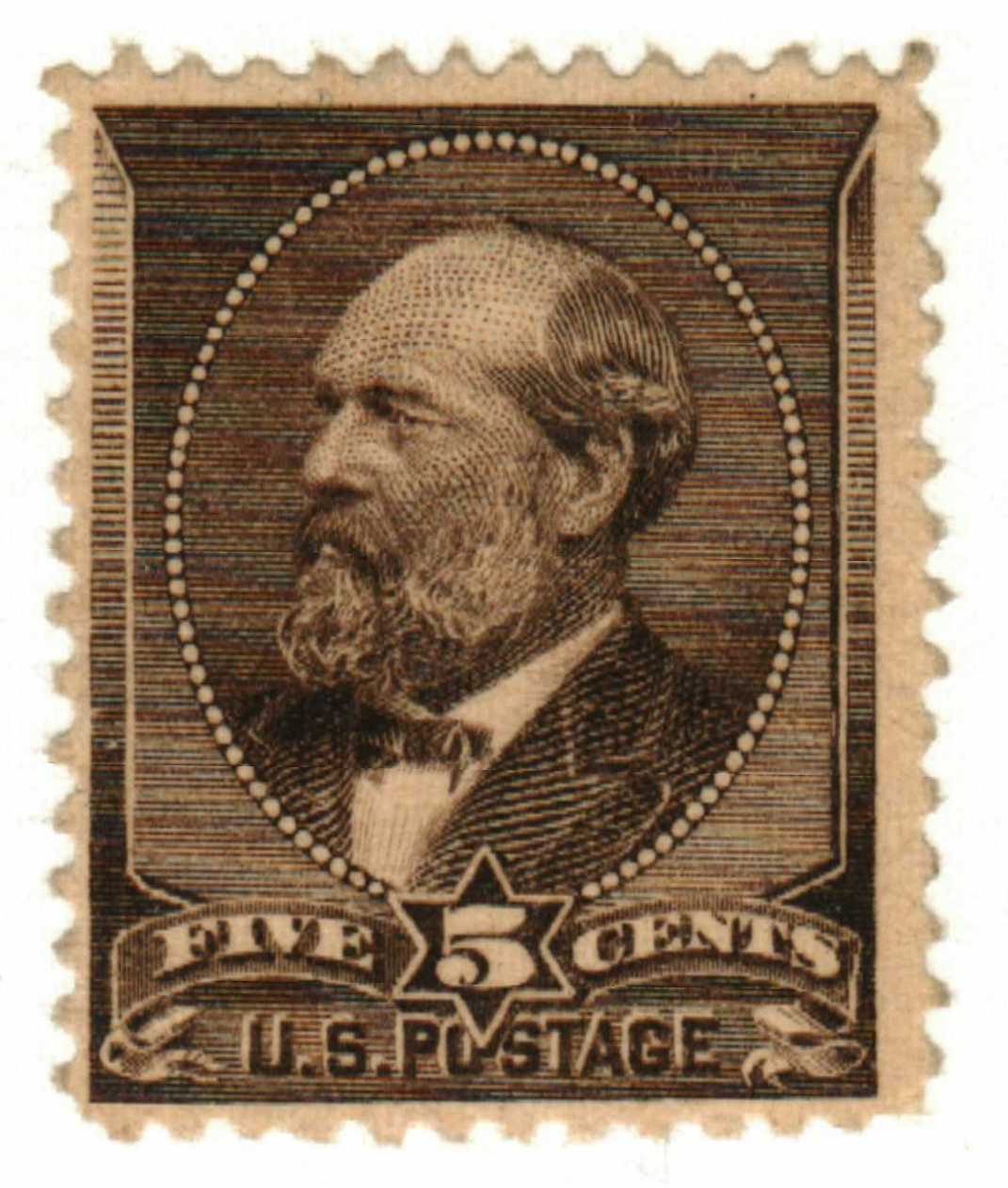
On May 30, 1868, there were memorial events in 183 cemeteries in 27 states. Among the events that day was one at Arlington National Cemetery. Civil War General and future President James A. Garfield delivered a lengthy speech (which you can read here) before the group of 5,000 people laid flowers on more than 20,000 Union and Confederate graves.
Decoration Day proved to be a popular and meaningful event and it grew every year. In 1871, Michigan was the first state to declare it an official state holiday. (All other northern states would do the same by 1890.) And in 1881, now President James Garfield passed legislation granting government workers May 30 the day off of work to decorate soldiers’ graves.
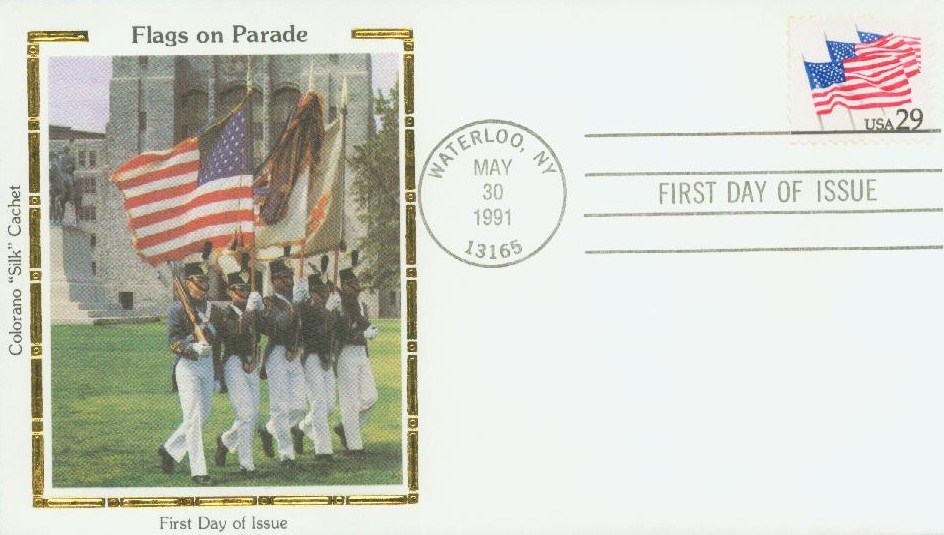
In 1882 the event was first referred as Memorial Day, though that name didn’t become widespread until after World War II. Then in 1967 it was made the official name by a federal law. The following year Congress passed the Uniform Monday Holiday Act, which moved four holidays, including Memorial Day, from their usual dates, to specific Mondays, to allow for three-day weekends. This law went into effect in 1971, when Memorial Day was celebrated on the last Monday in May.
The First Memorial Day
While this event is often considered the major predecessor to Memorial Day, there were several other similar celebrations that came before it. The practice of decorating soldiers’ graves has been done for centuries. And with more than 600,000 casualties during the Civil War, honoring fallen soldiers took on a new significance in America.
According to one account, the first instance of a Civil War soldier’s grave being decorated occurred in Warrenton, Virginia, on June 3, 1861. And during the war there were other recorded instances of people decorating the graves of soldiers. Boalsburg, Pennsylvania, has declared itself the birthplace of Memorial Day for the decoration of soldiers’ graves that took place on July 4, 1864.

There is another claim that the first observance could be traced back to African Americans in Charleston, South Carolina, on May 1, 1865. There were also Memorial Day celebrations in the South since 1866. On April 25, 1866, the ladies of Columbus, Mississippi laid flowers on the graves of Union and Confederate soldiers.

In 1966, President Lyndon Johnson signed a presidential proclamation naming Waterloo, New York, as the official birthplace of Memorial Day. Their first Memorial Day celebration was held on May 5, 1866, and quickly became an annual community-wide event in which business closed and people decorated the graves of soldiers.
All of these smaller events around the country served as inspiration for the first wide-scale Memorial Day in 1868. On May 5 of that year, John A. Logan, commander-in-chief of the Grand Army of the Republic Civil War veterans’ organization, issued a proclamation that May 30 would be Decoration Day, to honor those who died “in defense of their country during the late rebellion.” He chose the day because it wasn’t the anniversary of any battle and according to some sources, because that was the best day for flowers to be in bloom.

On May 30, 1868, there were memorial events in 183 cemeteries in 27 states. Among the events that day was one at Arlington National Cemetery. Civil War General and future President James A. Garfield delivered a lengthy speech (which you can read here) before the group of 5,000 people laid flowers on more than 20,000 Union and Confederate graves.
Decoration Day proved to be a popular and meaningful event and it grew every year. In 1871, Michigan was the first state to declare it an official state holiday. (All other northern states would do the same by 1890.) And in 1881, now President James Garfield passed legislation granting government workers May 30 the day off of work to decorate soldiers’ graves.

In 1882 the event was first referred as Memorial Day, though that name didn’t become widespread until after World War II. Then in 1967 it was made the official name by a federal law. The following year Congress passed the Uniform Monday Holiday Act, which moved four holidays, including Memorial Day, from their usual dates, to specific Mondays, to allow for three-day weekends. This law went into effect in 1971, when Memorial Day was celebrated on the last Monday in May.







